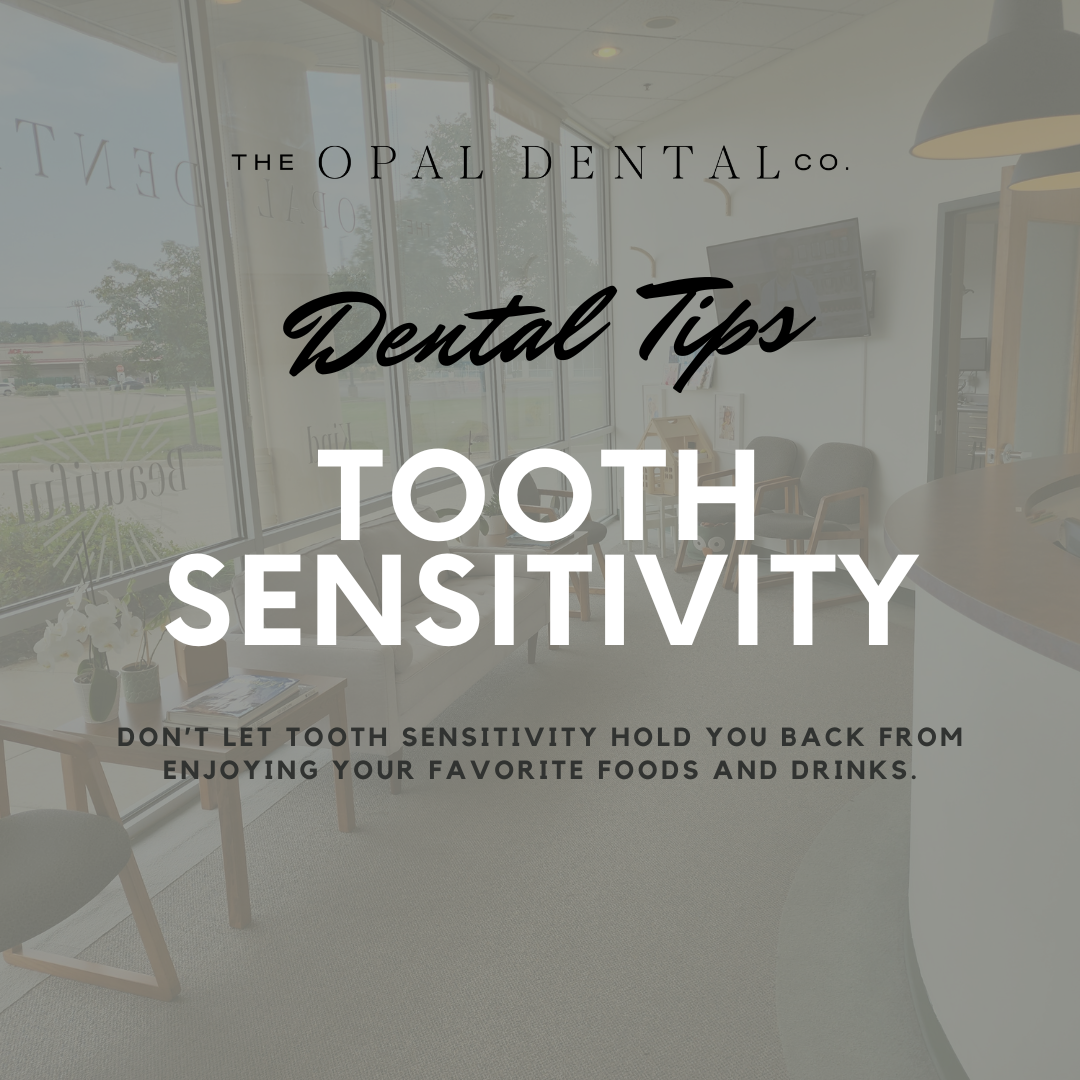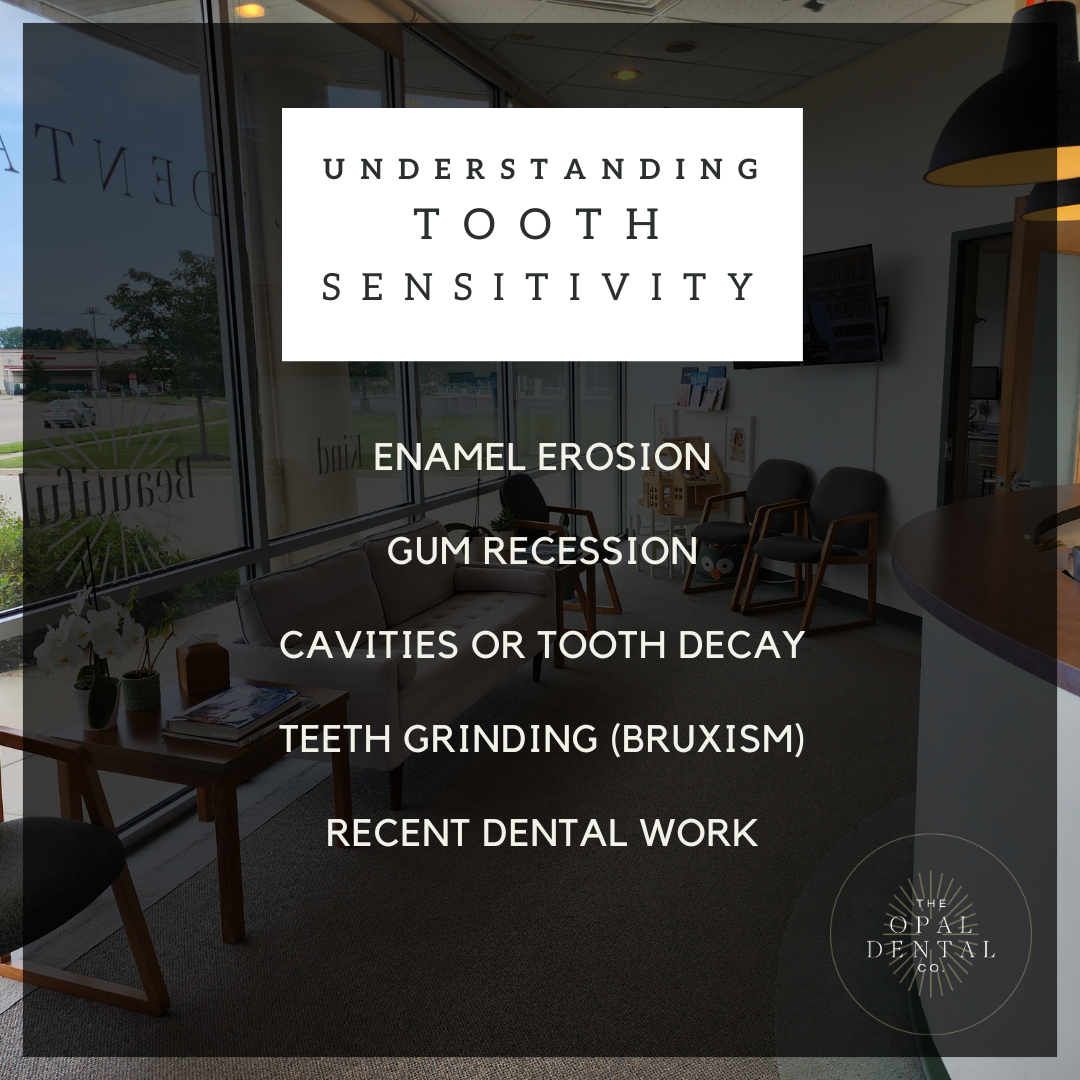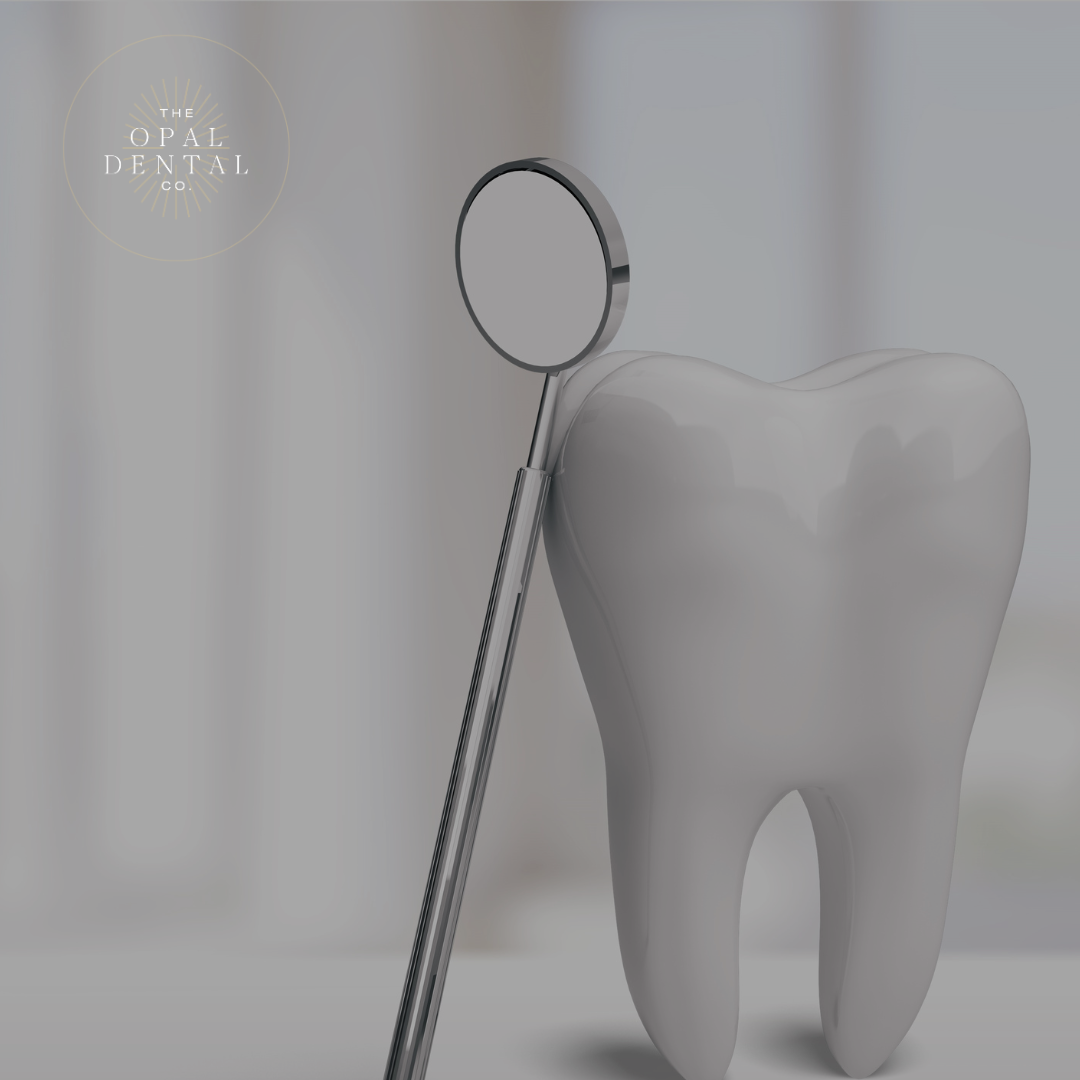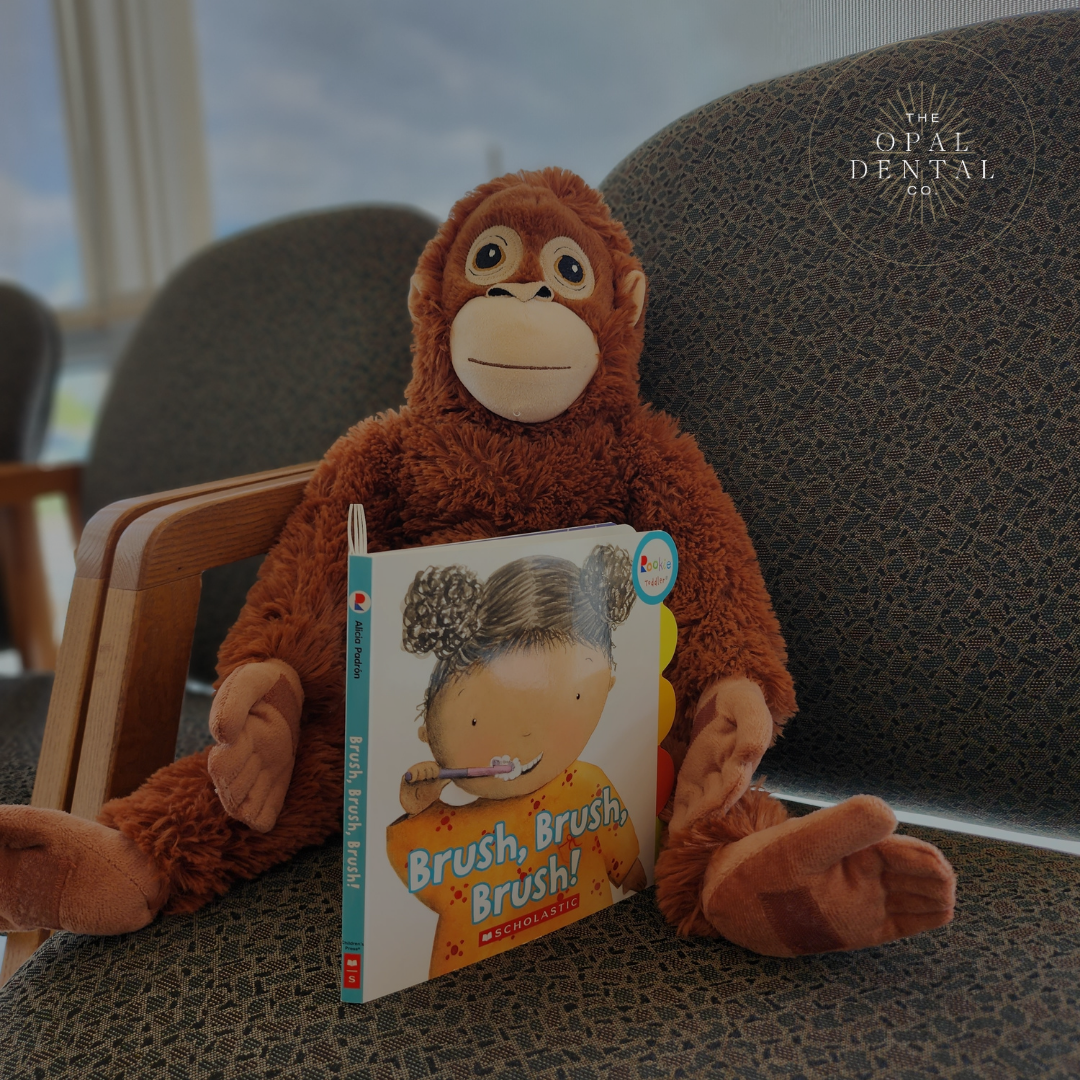
Say Goodbye to Tooth Sensitivity: Causes & Solutions for a Pain-Free Smile
Do you feel a sudden jolt of discomfort when you sip hot coffee or enjoy a scoop of ice cream? If so, you're not alone. Tooth sensitivity affects millions of people and can make everyday activities like eating and drinking uncomfortable. At The Opal Dental Co., we understand how frustrating sensitive teeth can be, and in this blog, we’ll explore what causes sensitivity and the best ways to treat it.
What Causes Tooth Sensitivity?
Tooth sensitivity occurs when the protective layer of your teeth (enamel) wears down, exposing the underlying dentin and nerve endings. This exposure allows external triggers—like temperature changes and certain foods—to cause discomfort. Here are some of the most common culprits:
- Enamel Erosion – Acidic foods and beverages, excessive brushing, or acid reflux can wear down enamel over time.
- Gum Recession – When gums pull away from the teeth due to gum disease or aggressive brushing, the roots become exposed, leading to sensitivity.
- Cavities or Tooth Decay – Decayed areas create small holes in the teeth, making them more vulnerable to pain.
- Teeth Grinding (Bruxism) – Clenching or grinding your teeth, especially at night, can wear down enamel and contribute to sensitivity.
- Recent Dental Work – Sensitivity can sometimes occur after procedures like fillings, crowns, or whitening treatments, but it’s usually temporary.

How to Treat and Prevent Tooth Sensitivity
The good news is that tooth sensitivity can be managed with the right care. Here are some effective ways to reduce discomfort and protect your teeth:
- Use a Desensitizing Toothpaste – Specially formulated toothpaste can help block pain signals from reaching the nerves, providing relief over time.
- Switch to a Soft-Bristled Toothbrush – Brushing too hard or using a firm toothbrush can contribute to enamel wear and gum recession. A soft-bristled brush is gentler on your teeth and gums.
- Limit Acidic and Sugary Foods – Reduce your intake of citrus fruits, sodas, and sweets, which can erode enamel and worsen sensitivity.
- Wear a Night Guard – If you grind your teeth at night, a custom night guard can protect your enamel from further damage.
- Fluoride Treatments – In-office fluoride treatments can strengthen enamel and reduce sensitivity. Your dentist may also recommend an at-home fluoride rinse.
- Gum Grafts for Receding Gums – If gum recession is causing sensitivity, a gum graft procedure can restore lost tissue and protect tooth roots.
When to See a Dentist
If sensitivity is persistent, worsening, or interfering with your daily life, it’s essential to schedule a dental visit. Your dentist can determine the root cause and recommend personalized treatment options to restore comfort and protect your teeth.
Ready for Relief?
Your first visit sets the foundation for a lifetime of healthy smiles. At The Opal Dental Co., we’re excited to be your trusted dental partner.
📞 Call us today at 414-425-0500 or book online to get started!
.png)














.jpeg)